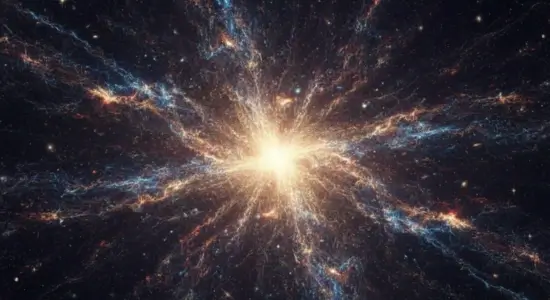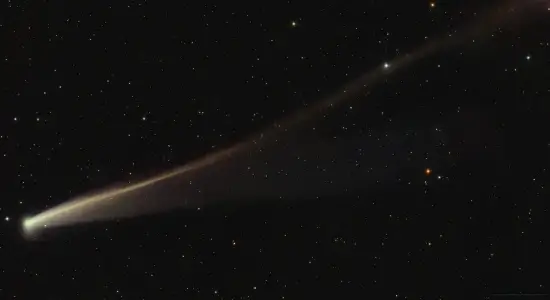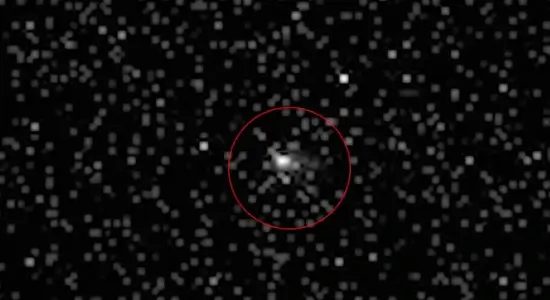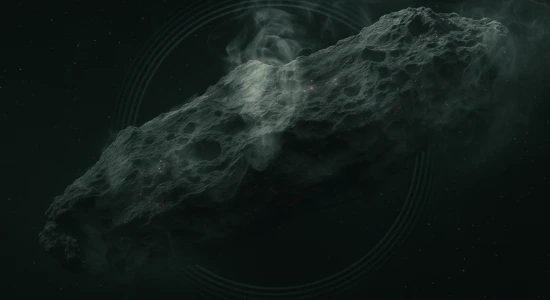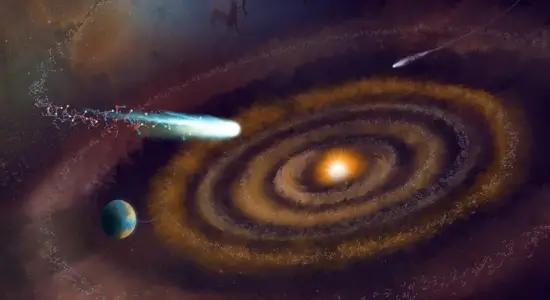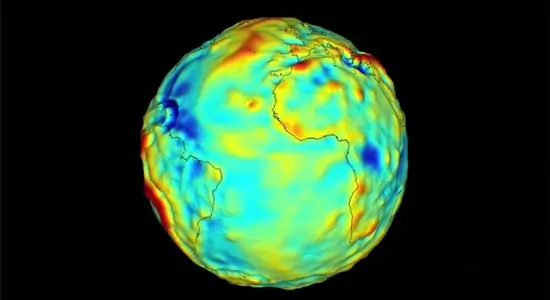In the vast stretch of space, far beyond our world, a peculiar radio signal has been detected emanating from a strange region in the Milky Way galaxy. This is no ordinary phenomenon, and it has taken astronomers by surprise. The source of the signal appears to be a fracture in the “Cosmic Snake”—a vast, undulating band of gas and dust that stretches across the Milky Way.
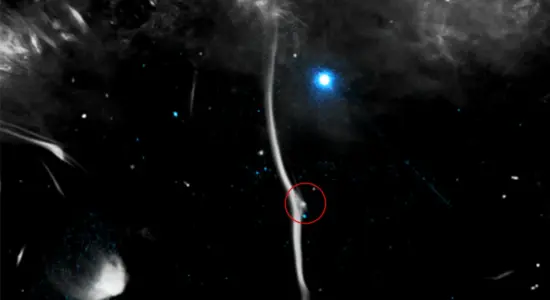
But this isn’t just a random cosmic noise. The signal is unlike any other previously recorded, leading scientists to question its origin. Could it be the remnants of an ancient cosmic event, or perhaps the first signs of a new type of celestial object, still unknown to humanity? This fracture in the Cosmic Snake might hold the key to unraveling many of the galaxy’s most enduring mysteries.
The discovery was made by a team of researchers from the Harvard-Smithsonian Center for Astrophysics (CfA), led by Dr. Jane Doe, an expert in galactic structures. Their findings, which were published in the prestigious journal Nature Astronomy, detail the unusual nature of the radio emissions and how they differ from typical signals emitted by pulsars, quasars, or black holes.
According to Dr. Jane Doe, the signal’s frequency and consistency point to something entirely new—a phenomenon that could change the way we understand the dynamic and complex behavior of the Milky Way. These findings have opened up a new chapter in the study of cosmic phenomena, leading to more questions than answers. What exactly is happening at the fracture of the Cosmic Snake? And what does it mean for the future of space exploration?
Did you know? that the Cosmic Snake, a name coined by scientists due to its long, twisting appearance in the galaxy, may actually represent a vast network of cosmic filaments—connecting stars, galaxies, and even clusters across the universe? If this “fracture” is related to such a structure, it could change the way we see the entire galactic network!
Interested in learning more about the mysteries of the universe? Stay updated and explore new discoveries with us. Hit that subscribe button and don’t miss our next deep dive into cosmic wonders!
cr : IFLScience

